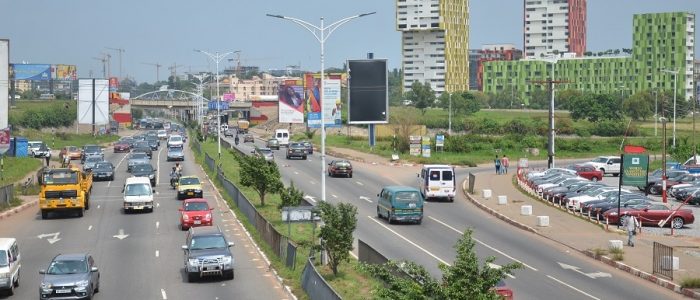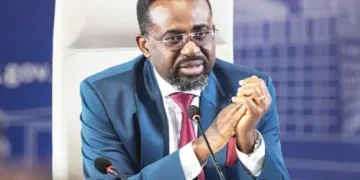Government announces resumption of road tolls
Government is set to resume the collection of road tolls on selected roads throughout the country as part of its efforts to generate revenue to support development programs. The move comes as Finance Minister Ken Ofori-Atta submitted the 2023 budget to parliament last November, outlining several revenue-generating plans, including the reinstatement of road tolls.
Road tolls on public roads were suspended in November 2021 as part of policy measures announced by the government in the 2022 Budget, a decision that displaced several road toll collectors. The suspension was made in anticipation of the passage of the E-levy, which would have provided an alternative source of revenue. However, the hasty decision has now become a major issue, with the government struggling to deal with the financial impact of the cessation.
The Finance Minister, Ken Ofori-Atta, has acknowledged that the suspension of road toll collection has hampered the government’s revenue generation efforts. The Minority in parliament had been advocating for the reintroduction of road tolls, arguing that the cessation was not financially sustainable, especially since the government is struggling to raise revenue.
The resumption of road tolls is a controversial issue, and the government must carefully consider its implementation to avoid negative consequences. The public may resist the tolls, particularly frequent users of the affected roads. Therefore, it is essential for the government to communicate the benefits of the road tolls clearly and ensure that the funds collected are utilized appropriately.
Moreover, the government must take into account the impact of the tolls on low-income earners and make provisions to avoid undue hardship. This could include measures such as reduced rates for frequent users and exemptions for those who cannot afford to pay.
The resumption of road tolls can be an effective revenue-generating strategy if implemented correctly and fairly. However, the government must be transparent about how the funds collected will be used and ensure that they are directed towards development programs that benefit the public. Failure to do so could lead to public backlash, which could damage the government’s credibility and legitimacy.
Government decision to resume the collection of road tolls on selected roads in the country is aimed at generating revenue to support development programs. However, it is crucial for the government to consider the concerns of all stakeholders and make the necessary adjustments to ensure a smooth and successful implementation of this policy. The government must be transparent about its intentions and ensure that the tolls are implemented in a way that is fair and equitable for all.









The issue of road tolls is only coming to create inconvenience for travelers especially on Accra – Kumasi and Accra Kasoa routes.
Perhaps because government officials do not ply on these routes so they do not appreciate what those who ply them go through. I suggest that if they implement it, all government officials should drive to Kasoa from Accra one Friday night to find out how the feeling is where they have to stay in traffic hours unend. To me, this is the only way to understand the situation.
Why should road tolls be the only means of generating revenue for development? Does it mean that the e-levy will be abolished? Why can’t government also cut down on its expenditure by cutting down on the ministers, mps, dces, etc many of whom are non productive. Monies from these areas could also develop the country as we all want.
In any case, with all the money from road tolls, can government point to what exactly it was used for?
Road tolls is a rather stressful form of collecting money. Just imagine the fumes Travellers go through just because of paying 50p.
Suggestion
Government should rather give every vehicle a fixed amount to pay as road toll to be collected when paying for roadworthiness certificate.
This is fair and a more equitable form of tax.
For those vehicles entering Ghana, road tolls can apply but monies should be collected by an accredited bank for those vehicles to ply on our roads once they are given their receipts.